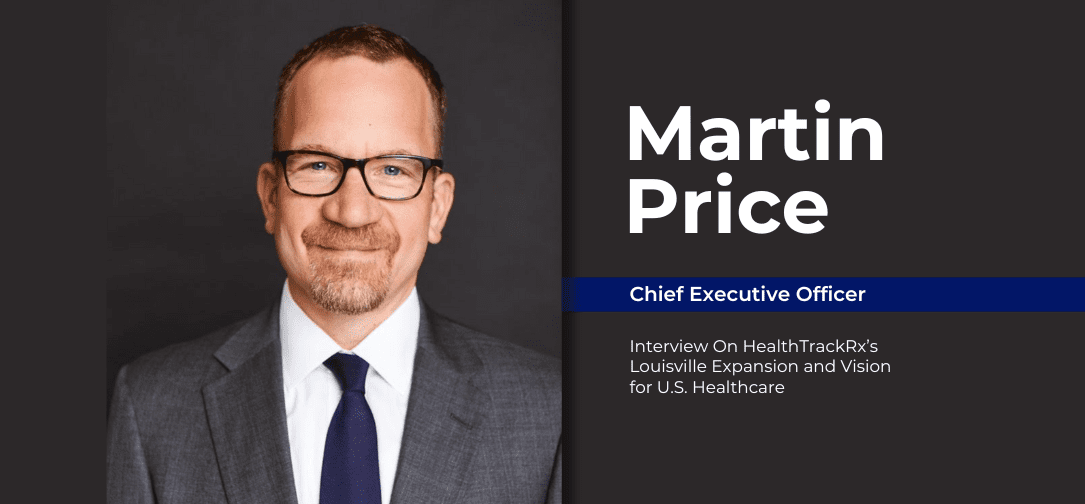HealthTrackRx is redefining infectious disease diagnostics with its promise of next-morning results, a game-changing advancement for patients and clinicians nationwide. At the centre of this innovation is CEO Martin Price, whose diverse leadership background spans healthcare, law, and large-scale operational transformations. Under his guidance, HealthTrackRx has expanded to Louisville, Kentucky, co-locating with UPS Healthcare to accelerate testing and delivery. In this interview with TechBullion, Martin shares insights into the company’s growth, its impact on U.S. healthcare, and its mission to make cutting-edge diagnostics faster, more accessible, and more affordable.
Please tell us more about yourself.
My name is Martin Price. I’ve been executive chairman and CEO of HealthTrackRx since 2020. I was a practicing lawyer for 15 years before pivoting to operations about 12 years ago. I have over 20 years of leadership experience across the health-care and legal industries, spanning transformative roles in scaling tech-forward companies, executing M&A, and driving organizational growth in complex regulatory and commercial environments. Before HealthTrackRx, I was president of The Annalex Group, specializing in guiding companies through complex challenges. At Alteon Health, I led the integration of 10 emergency medicine focused health-care entities into a single high-performing platform, culminating in a successful merger with U.S. Acute Care Solutions. As general counsel and later president of Millennium Health, I helped scale the company to over 1,500 employees and reach hundreds of thousands of patients managing opioid abuse and addiction
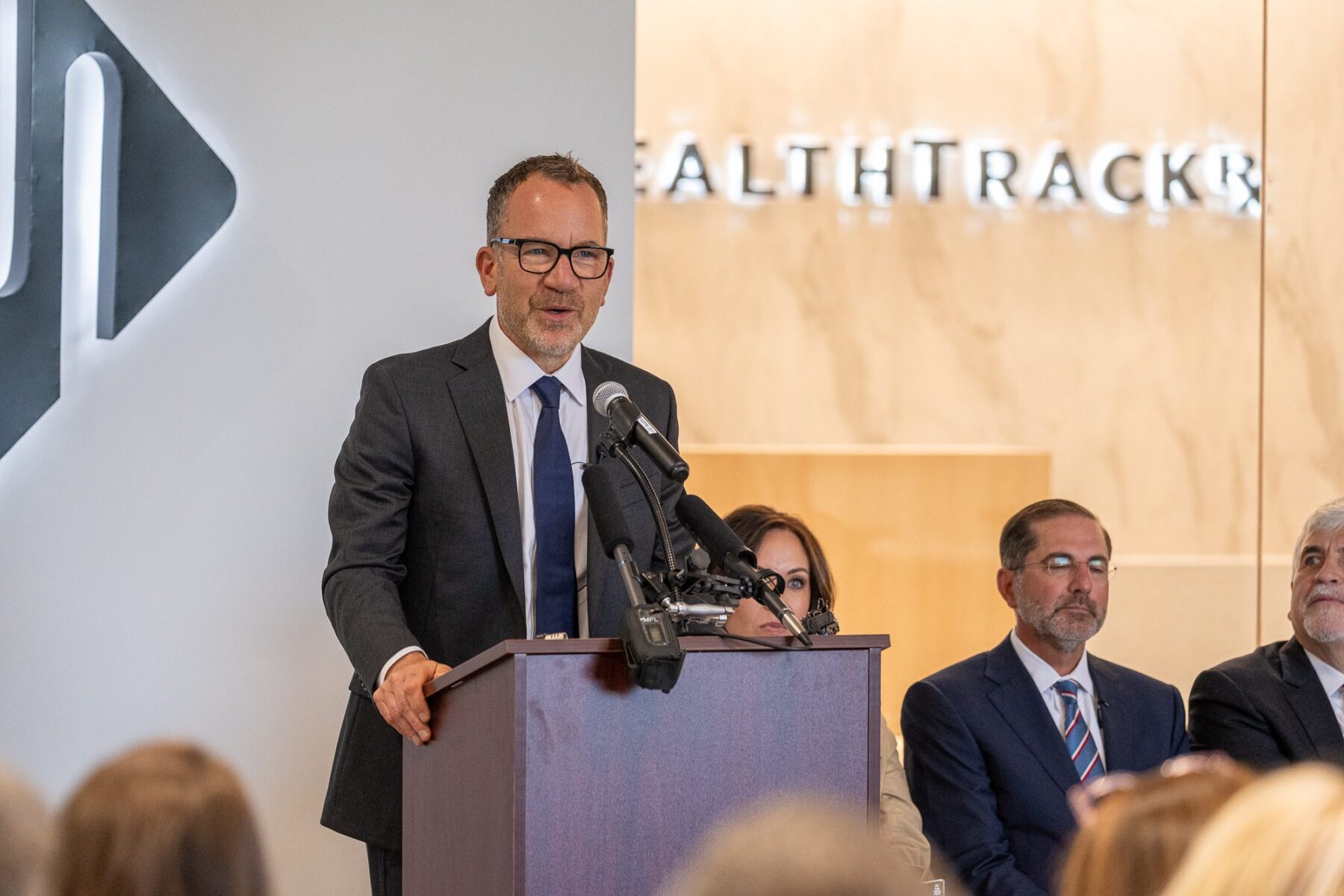
What is HealthTrackRx and what unique services and solutions do you provide?
HealthTrackRx is the nation’s largest infectious disease testing lab, serving about 5,000 outpatient clinics in urgent care, pediatrics, women’s health, and other care settings. We support patients who are presenting with acute or chronic symptoms of potential infection. Our key differentiation is speed, and our brand promise is Next Morning results, coast to coast. Visit a clinician today and tomorrow morning you’ll receive a full molecular picture of what’s causing the symptoms, whether an antibiotic or antiviral drug is needed, and if so, which one will be most effective.
Our Next Morning solution rests on a unique partnership with UPS Healthcare. Every overnight package UPS ships in the U.S. routes through their hub in Louisville, Kentucky. Several years ago, they initiated a program where they would actually pull specimen packages off of planes in Louisville in those diagnostic cases where time was of the essence. That allows us to begin testing overnight and delivering a result later that morning. We have facilities on the West Coast and in Dallas, which largely serve regional markets and serve as redundancies or backups to our facility in Louisville.
What made Louisville the ideal location for HealthTrackRx’s largest and most advanced facility?
Initially, we started the UPS program as a pilot program. Their end-of-runway program was in its infancy several years ago, and at that point, we were operating out of three large regional hubs, including the two I mentioned previously and Atlanta. We wanted to validate the logistics service and its reliability before making a full shift to the market, so we started with a smaller facility in southern Indiana. It didn’t take long for it to become clear to us and UPS that this model both worked and was scalable. So UPS endeavored to build its own wet lab facility on its campus at the end of the runway in Louisville. We became their anchor tenant in that facility. It’s called LabPort.
In addition to UPS, Louisville brought a lot to the table. It’s got a great health-care and biotech footprint to attract talent from, and we’ve received really strong support, both initially from the city of Clarksville in southern Indiana and now more recently, the city of Louisville and the Commonwealth of Kentucky. In addition to recruiting great employees locally, we’ve also showcased the Greater Louisville region to candidates nationally and relocated many people to this area.
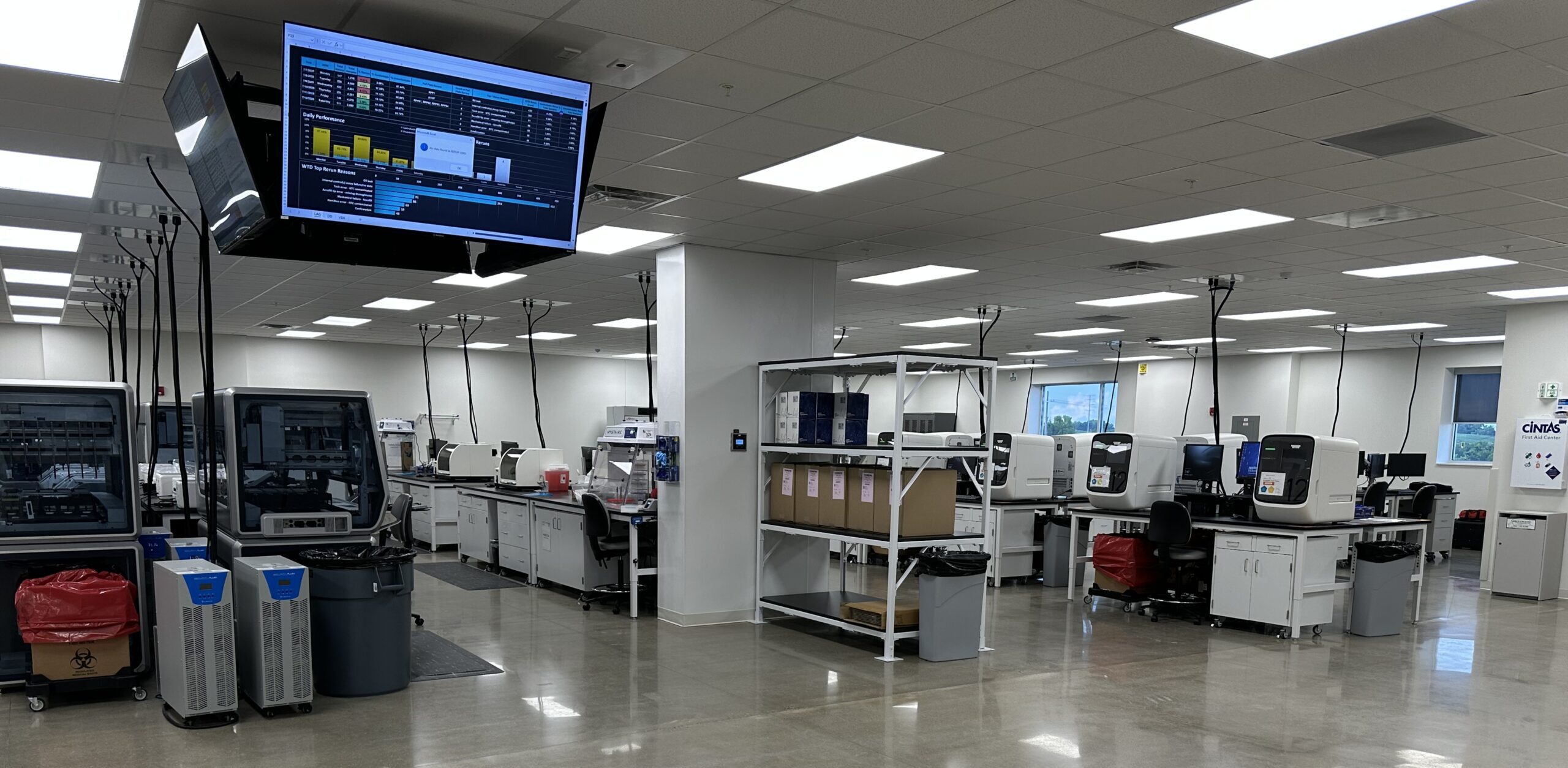
How does co-locating with UPS Healthcare improve the speed and reliability of your diagnostic services?
Until recently we operated seven or eight miles from the Louisville airport in a lab across the Ohio River. When you’re dealing with infectious disease, every minute to diagnosis matters. So it might not seem like a big deal to shave 15 to 30 minutes off the time to get results, but that can be critical in the care of some patients. The other part of being integrated with their campus is they operate a flight control tower within the lab in our facility. From the moment a physician puts a sample in a bag and indicates it’s ready for pickup, that lights up our dashboard, so we know those samples are coming. UPS is already tracking their pickup, and you can watch them travel to Louisville and arrive at the facility. If weather is affecting shipping in some parts of the country and we need to reroute or divert samples to one of our other labs, we are much equipped to do that.
Beyond job creation, how do you see HealthTrackRx contributing to the wider economic and healthcare ecosystem in Kentucky?
The interesting thing about our space is the broader public health problem we solve. Today, the way most patients experience infection detection and treatment is to visit a doctor and, without any definitive testing, leave with a 10 day prescription. The only testing alternative was a culture, literally culturing a sample and watching what grows. PCR testing has been around for a while now, but delays in transporting samples to centralized labs was deemed too slow. Our solution is around bringing those targeted diagnostics by enabling the logistics technology and footprint of UPS Healthcare. By raising the bar in the area of infectious disease, we hope shapes how the broader lab market thinks about speed.
There are very few diagnostic tests that patients go in for where speed is not critical, like annual CBCs or vitamin D levels. You can probably wait a few days for those results. You’re not going to change your condition overnight. But solving the speed problem for a cancer diagnostic, prenatal screening, or a whole host of other tests and diagnostics can prevent a lot of anxiety and get a patient onto a therapeutic plan faster. And infectious disease is probably at the forefront of that because of its communicability. Particularly in areas where patients don’t have access to an academic medical center or a first-rate hospital in an urban market. They are in the proverbial “desert” when it comes to molecular diagnostics or some of these other tools. So by increasing the speed to result, we’ve provided access to that gold-standard, cutting-edge level of health care to anyone who’s serviced by UPS. A significant portion of our business comes from rural markets, and that’s something we’re really proud of.
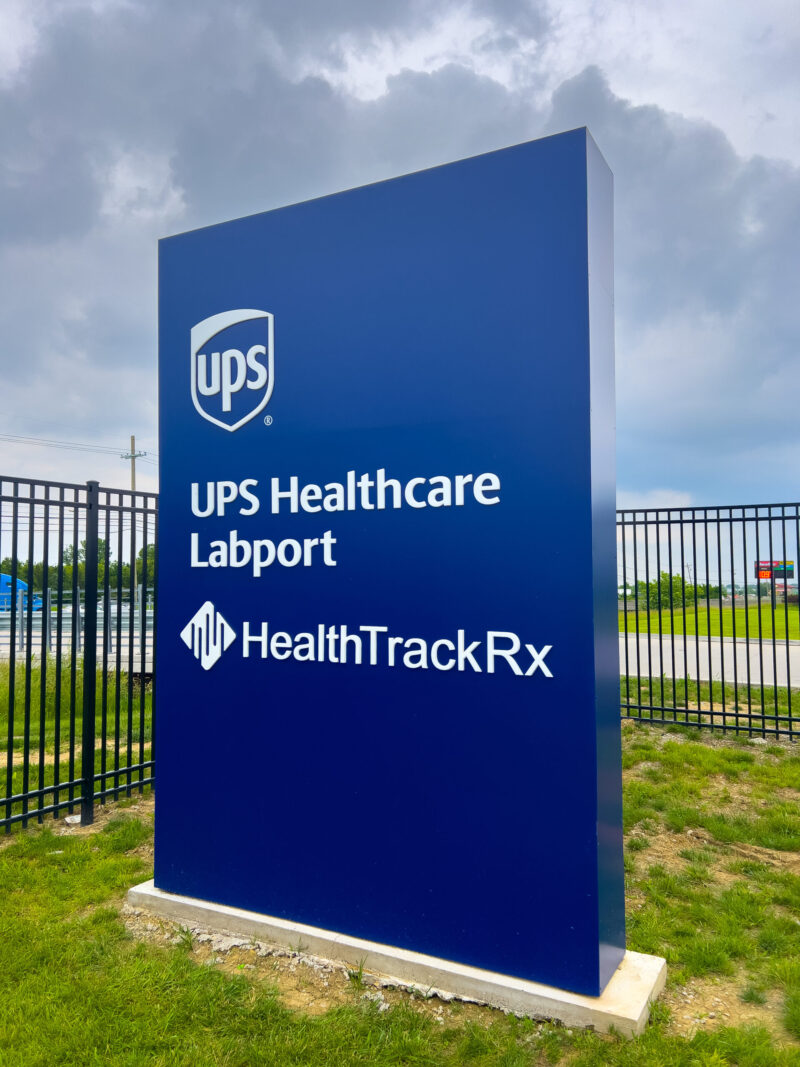
What role will emerging molecular technologies play in shaping HealthTrackRx’s next generation of diagnostic services?
We’re currently focused on bringing gold-standard molecular PCR testing to more patients and providers. Very few labs do what we do. It’s less about trying to persuade a provider that molecular testing is better than sending out for a culture. They know molecular testing itself is faster, more accurate and more actionable. The difference is the timing to return a result; so it’s being able to demonstrate to them the reliability of the service. And then to the people who pay our bills and the clinicians who oversee the care, it’s about whether it’s changing behavior. Simply having more information doesn’t necessarily drive better outcomes. You need to be able to demonstrate that earlier, better information is impacting clinician behavior and improving patient outcomes. You’re seeing fewer return visits to urgent care and fewer downstream visits to the emergency room. You’re seeing fewer prescriptions for antibiotics or antivirals that aren’t necessary or won’t work. A lot of our mission has involved participating in clinical utility studies and health economic outcome studies to show this rapid intervention makes a difference. It’s not just a technology play. It’s really impacting how people are recovering, how health systems are operating and trying to help bend the curve of health-care spend.
How is HealthTrackRx helping clinicians combat antimicrobial resistance through its rapid testing platform?
As far as antimicrobial resistance, there are two factors. The first is getting patients on the right therapy.
Traditionally, clinicians have not had very many tools to diagnose and treat patients displaying symptoms of an infection. There are some very basic tools available in the office, but they’re usually not actionable, so the physician is left to simply decide whether or not to write a prescription. Sometimes clinicians may write a prescription simply because patients want to walk out of their office feeling like something happened. The problem is that overprescribing antibiotics has led to mutations of these pathogens. Infections evolve. So in many cases, many traditionally prescribed drugs for common infections just don’t work. For example, bactrim is the most commonly prescribed antibiotic for a UTI, but the last 10 years of studies show it doesn’t work 40% of the time. The symptom-causing strains have evolved because of the proliferation of antibiotics out there, so they’re more potent, and bactrim isn’t effective.
Another problem is that after a course of bactrim, symptoms may recur 14 or 30 days later, and physicians won’t know if it’s a new strain or the same strain that wasn’t treated properly. This can go on for months or even years for some people. So targeted molecular testing at the DNA level of testing of that specific infection, will tell you whether bactrim will work for that patient, and if not, it will identify an alternative that will.
The second benefit antimicrobial resistance testing is to stem the overprescribing, which is the other side of the same coin. In the years to come, we hope to start seeing less erosion of the utility of the antibiotics that are available. Some new antibiotics are in development, but they haven’t been a focus of pharmaceutical companies over the last 20 to 25 years. More recently, they have recognized the importance of next-stage antibiotics and antivirals, and it’s critical that as these are introduced, they’re not so overprescribed that they maintain their effectiveness for as long as possible.
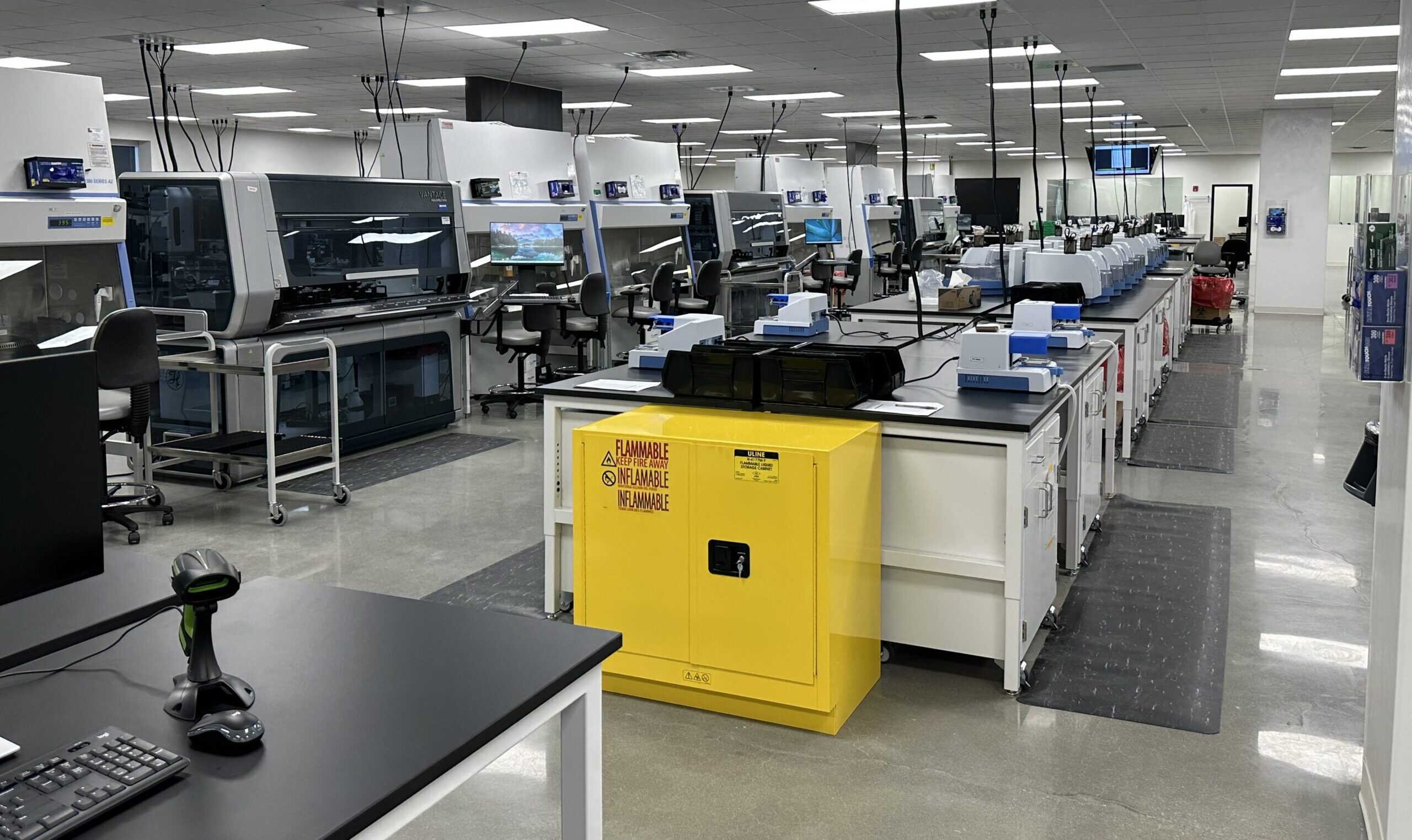
With your appointment to the ACLA Board, what industry issues do you plan to champion on behalf of independent diagnostic labs?
Two things come to mind because of the things we champion at our own business. I carry the flag of access and affordability with me to the ACLA. First-rate, cutting-edge diagnostics should not be limited to zip code or income class. I touched on this earlier, but most people don’t live in urban markets or near academic medical centers, so it’s the responsibility of labs like ours and organizations like the ACLA to bring the same quality health care to those underserved rural markets.
The next issue is making those services affordable. Molecular tests like ours would have cost $800 to $1,000 to deliver several years ago. Today, at scale with advancements in the platform, including higher-quality molecular tools, that price has gone down to $150 or $200 a test, and it continues to drop as these tests become more commonly used.
A lot of labs have unique solutions, but if you’re not focused on making them affordable for the people who will benefit from them, insurance companies are going to limit coverage. And the lab community, which is really doing great work, isn’t going to have the impact it could because there’ll be this barrier of payment. So it’s access and affordability.
As you scale rapidly, how are you building and maintaining a strong company culture that attracts top scientific and operational talent?
We are relentlessly focused on our mission, which is getting people healthier faster. You’ll see that slogan on nearly every wall in our building. Many of our employees come to work at midnight and work an overnight shift where precision attention to detail is so critical. If this is not a passion project for you, then you’re not going to be successful.. It is a challenging environment to work in a laboratory overnight, processing thousands of patient specimens. We reinforce that every specimen, every tube, is ultimately a patient. It’s a child, a parent, a loved one. It’s someone with a community around then who’s scared and anxious about what that diagnosis is going to be. They need information, and our ability to deliver answers is essential. Thousands of providers trust us every day, and the patients behind them trust us every day to deliver on our promise of getting them an accurate result the next morning. And it’s the drive behind that mission that I think really supports our culture. We’re also fortunate to be a growing business, and that gives opportunity for internal advancement and professional development. We just celebrated that there were over 120 internal promotions within the company last year. And that’s something that we take a lot of pride in. There are a lot of different levels of roles in an organization like ours. And we’ve been really fortunate to be located near leading colleges, universities, vocational schools, and high schools to recruit from. But you have to be able to provide a career pathway. Our employees see that. They see the difference we make in the healthcare ecosystem, that our business is growing, and they see the impact it’s making on patient lives. They’re excited about what we do, and so it makes my job easier as CEO to drive culture when folks will rally behind the mission.
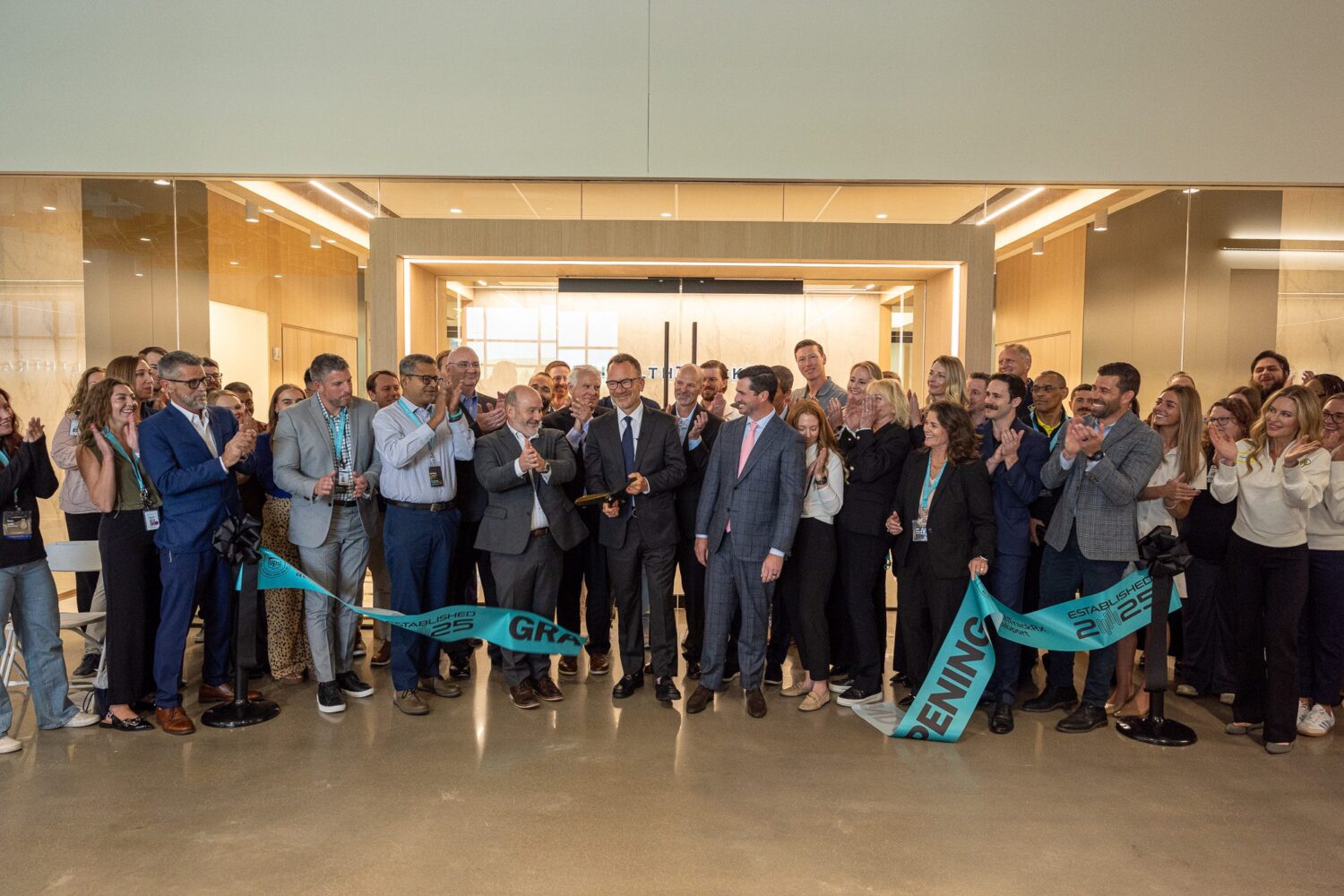
Looking ahead to 2030, what is your vision for where HealthTrackRx will stand in the U.S. healthcare system?
By 2030, I hope we are at a place where someone can walk into a CVS, log onto Amazon, or go to their care provider and say, I want a HealthTrackRx Test — because that will be synonymous with better information and faster and better outcomes. Next morning molecular diagnostics will be the ubiquitous standard of care for treatment of acute and chronic infections. That’s our core mission. I spoke earlier that speed to results across diagnostics matters. As we look toward the next five years, we are already in the process of looking at some of those other key modalities to test for. We’re considering areas for which there is currently a need for more rapid diagnostics, whether that will be in prenatal care, oncology, allergies, or elsewhere. What other tools we can put in clinicians’ hands for which a rapid diagnostic and the difference of 12, 24, 36 hours will have a disproportionately positive impact on patient outcomes and health.

